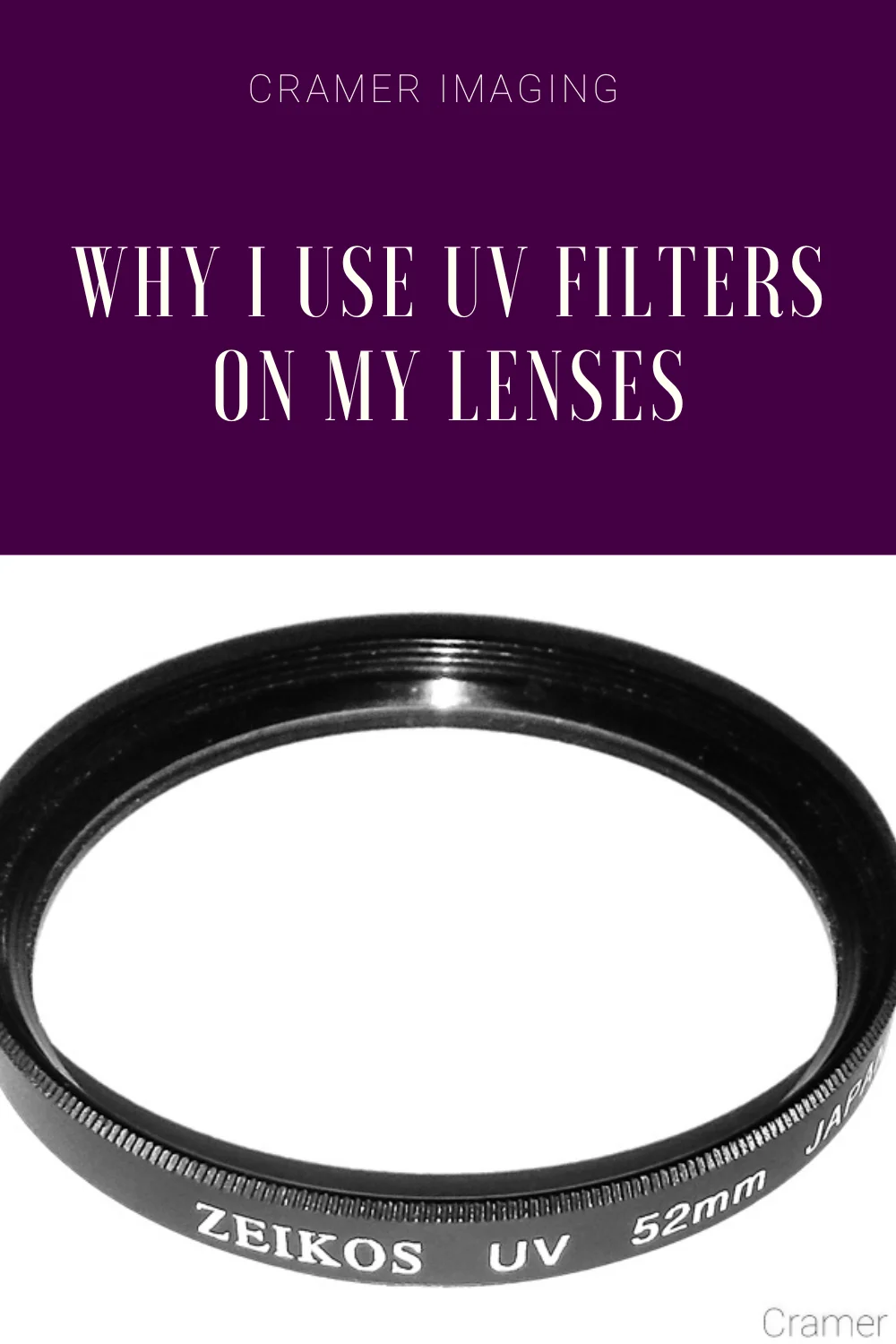
As a photographer, I have several tools at my disposal. Many of these tools I carry on my camera itself or in my camera bag where I can grab it quickly. There is one tool which I wish to discuss today and why I use it. It might not be for the reason you think. My tool of choice is the simple UV or ultra violet filter. So, let’s discuss why I use UV filters on my lenses.
At first glance, you might think it obvious why I use a UV filter on my camera. I want to cut out the UV light from my photos. Such light can alter my photos in ways which I don’t like. I would want to make sure that such light is not hitting my camera sensor and a filter is the best way to do so. This is not the reason why I use this filter.

I learned, through the course of my photography studies, that you can make some very fine glass for a lens. It can create really sharp images. This is why we use high quality glass for lenses. I also learned that anytime you put something over the top of that sharp-focusing glass, you will add an extra layer which will blur things slightly. You will not get the tack sharp image with a filter which you would have gotten without it. The cheaper the filter, the worse the effect. UV filters are the cheapest filters out there on the market.
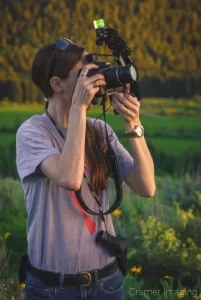
You can take the best-known and sharpest lenses on the market today (Zeiss) and slap a cheap UV filter on the front. This will make you lose all the value of the expensive and sharp Zeiss glass. Your photos will only be as sharp as the UV filter in front will allow (which won’t be nearly the quality of the Zeiss behind).
I have to say that this put me off of using filters for a while. I didn’t want to risk the integrity of my overall image sharpness. It might be enough to dissuade you from using filters too. However, there are other factors for you to consider.
I won’t go into the overall quality of light which a polarizing filter can help correct or the benefits of a neutral density filter when you want to keep the shutter open longer. Those points are for other articles. I will discuss my reasons for keeping a UV filter on my camera lens at all times.
Now, I have to say that UV filters are well known in the photography industry to really not do what they are advertised to do. They really don’t block much in the way of ultra violet. So, why would I keep such a cheap and useless filter around? The answer is protection.
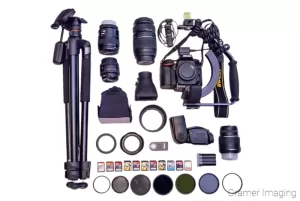
Have you ever scratched your lens? How about broken it? If so, then you know the pain of destroying a valuable piece of equipment. There really isn’t a good way to fix some lenses once they suffer this kind of damage. The better the lens, the higher the price tag attached to it for a repair bill or replacement part.
I had a classmate in college who dropped their lens. The spouse (also a part of the class) even brought the damaged lens in for the rest of the class to see. It looked awful. However, the only broken part was the UV filter on the front. The actual lens itself was still intact and usable. I vowed right then that I would keep a UV filter on all of my camera lenses for this reason: it’s much easier to replace a cheap UV filter than it is to replace a broken lens.
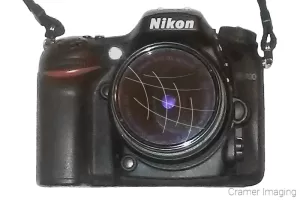
So, what about the loss of sharpness because of the cheap UV filter? I have a solution to that too. I simply add sharpening back into the photo(s) during my post-processing. This compensates for the UV filter effect while keeping my lenses themselves safer in the field.
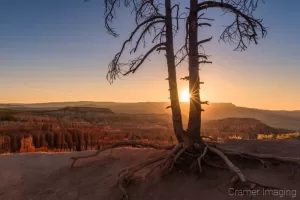

Receive monthly updates in your inbox from us.

Join our email-only photo of the week club to get the full stories behind how we captured our favorite fine art landscape photos.
We respect your privacy
No More Results